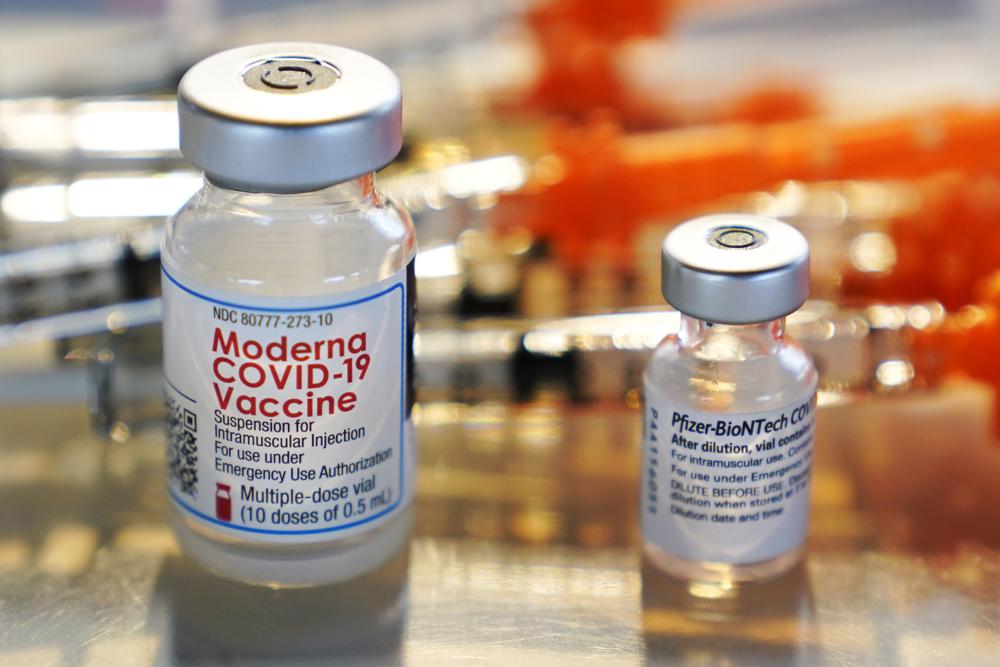With Omicron subvariants causing COVID cases to jump nationwide, two new studies offer a small consolation for vaccinated individuals who suffer breakthrough infections. The infection leaves you with protections that may be more effective than those offered by a second booster.
One study was conducted by German biotechnology company BioNTech SE and the second by the University of Washington in collaboration with San Francisco-headquartered Vir Biotechnology. Both studies investigated the immune responses of various groups based on their vaccination and infection status.
Individuals for whom a second booster would deter them from getting further doses in the near future should also consider postponing: “A 2nd booster may be more important in fall of 2022, or if a new vaccine for a future COVID-19 variant becomes available,” the CDC said.
Dr. Anthony Fauci first commented on the possibility of a fall surge in April. Earlier this month, the White House warned that a surge could double the total number of infections the U.S. has recorded so far. To date, the U.S. has reported over 82 million cases.
Additional federal COVID relief funds are currently locked up in Congress after President Joe Biden’s initial $22.5 billion package for boosters and variant-specific vaccines was whittled to $10 billion. A White House memo from March 15 said that a lack of COVID funding “will have severe consequences as we will not be equipped to deal with a future surge.”
Currently, adults 50 and over are eligible for a second booster shot, according to the CDC, along with immunocompromised individuals over 12 and those who received two doses of Johnson & Johnson’s Janssen vaccine.
Looking at vaccinated individuals who had a breakthrough Omicron infection, BioNTech found that those individuals showed a better b-cell response than individuals who had been boosted but not infected. B-cells, a type of white blood cell, are a component of the body’s immune system that helps produce antibodies.
The University of Washington’s study compared blood samples of individuals who had been vaccinated and then caught Delta or Omicron with those who had caught COVID first and were then vaccinated, those who had been vaccinated but never infected, and those who were infected and never vaccinated.
The study found that vaccinated individuals who caught Omicron produced antibodies that formed a formidable defense against other variants of the virus. Unvaccinated people who caught Omicron did not have a similarly robust and protective immune response.
However, any protections, no matter how strong, only last so long. The immunity of both boosted and previously infected individuals wears off after several months.
In preparation for a new, larger surge expected in the fall, the CDC updated its vaccination guidance for boosters last week. It suggested that eligible individuals who’ve been infected in the last three months should consider holding off on getting a booster. “If you are eligible, can you wait?”





















